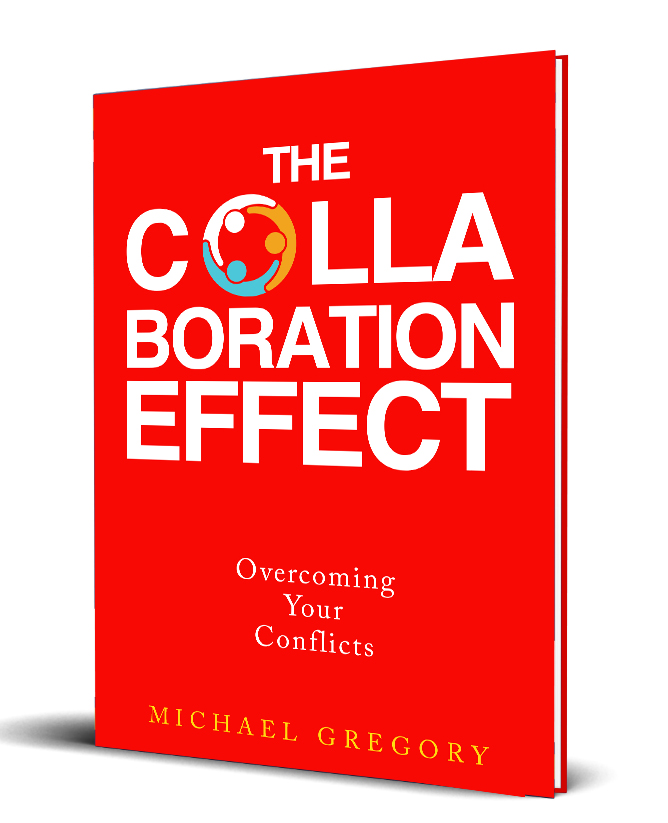
Photo: Personality by Zserg cat-2755780_1920 at Pixabay
Personalities do matter in negotiations. In this blog I look at work completed by Myers and Briggs to help you and to help you with others, and then I offer you three ideas to improve your negotiation skills. Not everyone can be a great negotiator, but everyone has the potential to improve their negotiation skills.
There has been considerable work completed by Myers and Briggs on personality testing. If you have not taken that test I recommend you do so. With the link provided the test is free. Federal agencies, all of branches of the military and over 65% of the best places to work in America have their managers take the test. I dedicated an entire chapter on that topic with 10 tips on how to understand yourself and others in The Servant Manager, because I think this is very important as a manager, a leader and a negotiator. If you know your personality and you can try to determine the other party’s personality type (there are 16 of them), there are a number of approaches to help you work towards collaboration in a negotiation. This is not an exact science, but simply trying to understand yourself and the other person cannot hurt.
Not everyone can be a great negotiator. However there are some steps that you can take to improve your skills especially if you know your personality type and you are willing to explore what the other party’s personality type might be too. Knowing your personality type, you can adjust your perspective to be more tolerant of others.
Adjust your personality to the situation
For example I am an ENTJ. This means I am recharged in part being an extrovert, but I am only a small E. I am a very large N meaning that I am very intuitive. I typically pick up ideas quickly and I am often ready to go much quicker than others. This is both a strength and a weakness, requiring me to slow down. The TJ means that I am a thinker and very logical, and I tend to reach conclusions quickly. These again can be both strengths and weaknesses. As a manager, I know I want to surround myself with others that are different to make sure I address everyone’s needs.
Let’s say the other party is an ENFP. The FP letters at the end of the personality type four letter classification stand for Feeling and Perceiving. An FP and TJ tend to lock horns with one another.[i] The TJ wants quick efficient decisions. The FP is focuses on other people’s feeling and thoughts. As a TJ if I know this about the other party or if I think the other party is a FP, then I need to slow down, explore feelings and make sure I understand and ask open ended questions to ensure the other party has had a chance to really think this through. Keep a positive attitude. Coach yourself to do this. Remain confident that we can do this together. Be patient. Given my personality type I have found that by practicing mindfulness techniques such as yoga, meditation, prayer and reflection this helps me to remain calmer. You may want to explore this or similar techniques for yourself.
Adjust the situation to your personality
If for example you are an ENTJ that is very strong willed, perhaps you cannot adjust to the FP. If that were the case, you might want to consider having someone join your team that is. You might want to expand your negotiation team so that your team can work more closely with the other party. In today’s world many negotiations are handled without personalities entering into the negotiations such as negotiations on the internet. Perhaps going that route may allow you to not have to involve personalities at all.
Prepare BATNA and know your alternatives
As indicated in the blog last week, plan for several alternatives ahead of time. Run the numbers. Know your Best Alternative to a Negotiated Agreement (BATNA). By doing your homework and by being prepared, you can enter into the negotiations knowing full well what might be workable for you to resolve the situation with the other party.
In summary, know your own personality first. Then explore what you think the other party’s may be. Adjust your personality to the situation. Consider adjusting the situation to your personality. Be prepared for the negotiation and determine your BATNA. Even if you are not skilled in negotiation if you follow these three steps you will likely enhance your skills as a negotiator.
Michael Gregory, NSA, ASA, CVA, MBA, Qualified Mediator with the Minnesota Supreme Court is an international speaker that helps organizations resolve conflict and negotiate winning solutions, client to IRS, business to business and within businesses. On point resources are available online at www.mikegreg.com and check out the blog. Mike may be contacted directly at mg@mikegreg.com or at (651) 633-5311.
About the author
Mike Gregory is a professional speaker, an author, and a mediator. You may contact Mike directly at mg@mikegreg.com and at (651) 633-5311. Mike has written 12 books (and co-authored two others) including his latest book, The Collaboration Effect: Overcoming Your Conflicts, and The Servant Manager, Business Valuations and the IRS, and Peaceful Resolutions that you may find helpful. [Michael Gregory, ASA, CVA, MBA, Qualified Mediator with the Minnesota Supreme Court]

